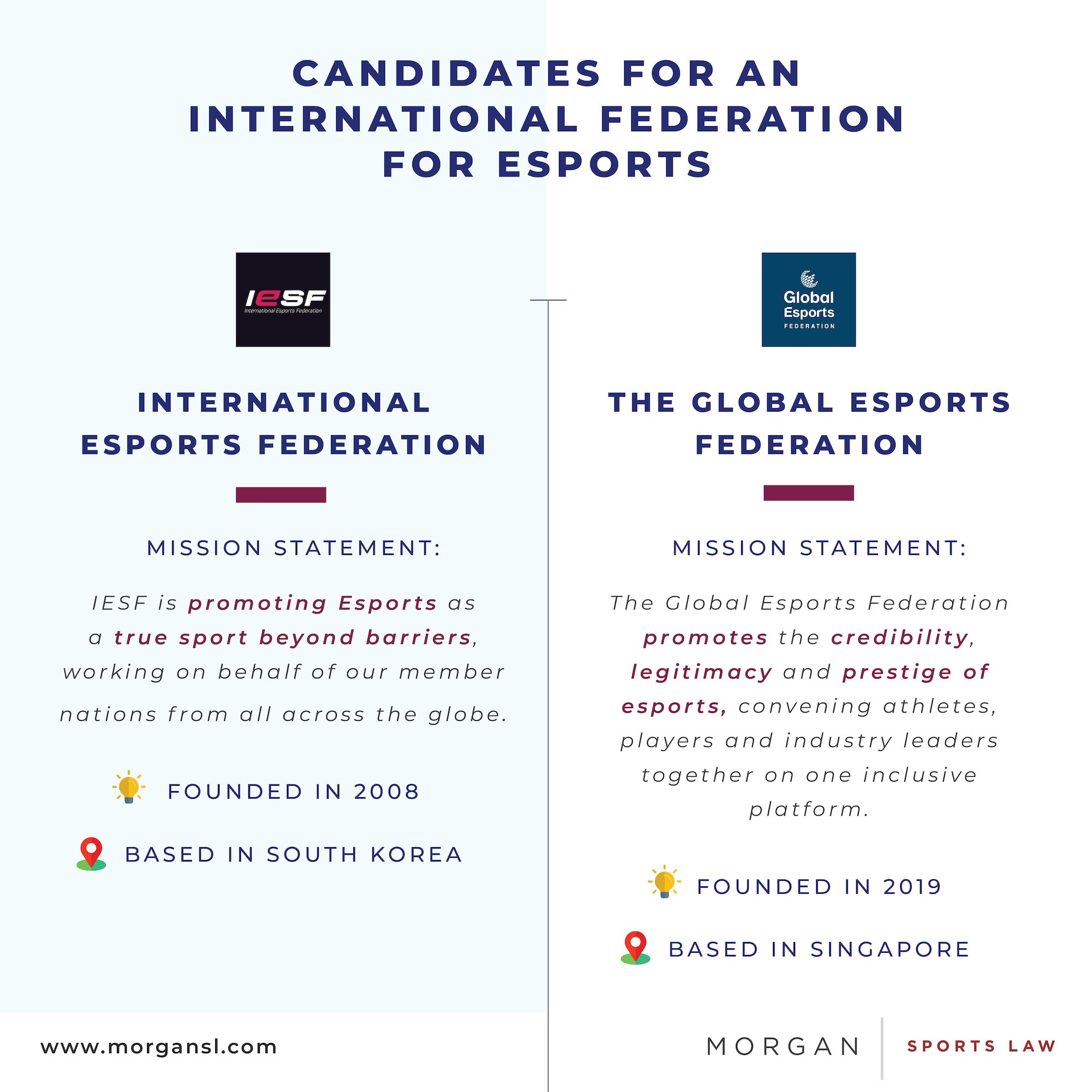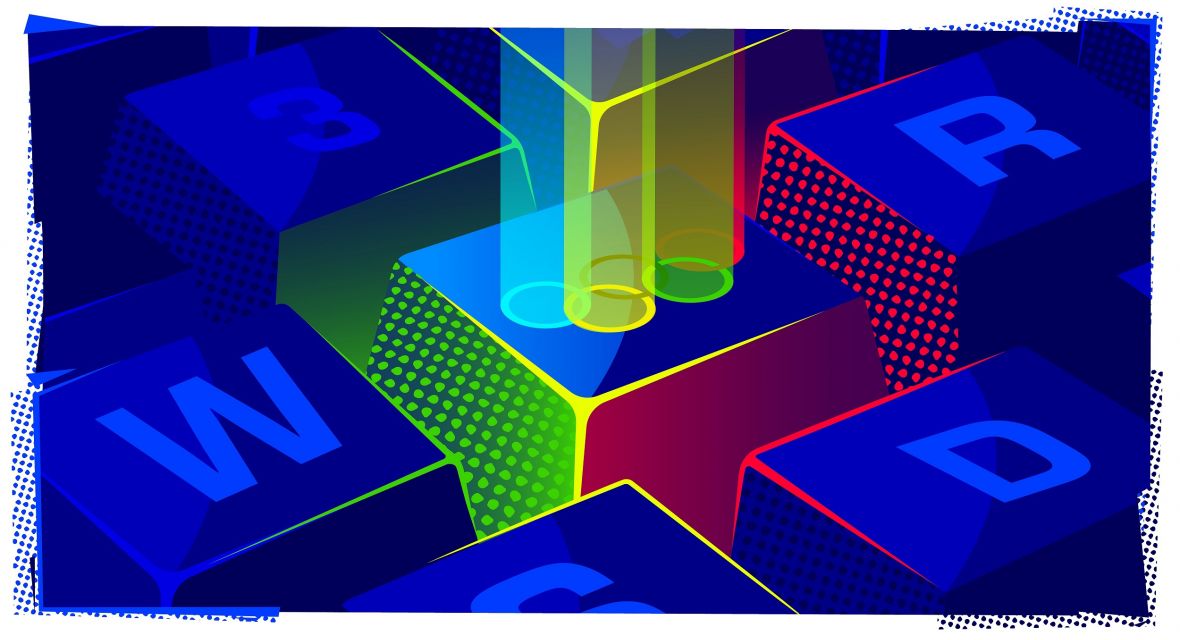Will esports ever become Olympic events?
At its peak, the 2020 League of Legends World Championship was viewed across 21 platforms by more than 49.95 million people. The tournament as a whole racked up 1 billion hours of viewership, its highest ever. Whilst, at least in terms of popularity, League of Legends is the leader of the esports pack, other games are attracting viewing figures that are almost as impressive. Last year IEM Katowice (a Counter-Strike tournament) reached a peak viewership of over 1 million.
With the growing popularity of esports, many sporting organisations, including the International Olympic Committee (the “IOC”), see it as a way to remain relevant with a new generation of sports fans. Prior to this year’s games, the Intel World Open was held in Tokyo – although not an Olympic event it was supported and promoted by the IOC. At the Paris 2024, esports will feature in the form of a series of “virtual and connected” events being run alongside the games.
Yet with ‘alternative’ sports such as surfing and breakdancing confirmed as provisional additions to the Olympics, there is an increasingly strong case to be made for the inclusion of esports in the main Olympic Programme. This article looks at some of the challenges that currently stand in the way of that becoming a reality.
Mind Games
It is often said that esports cannot possibly be considered an Olympic ‘sport’ – how could sitting at a computer be considered a candidate for inclusion in a celebration of sporting prowess, particularly given the long-term exclusion of chess?
Leaving aside the question of whether online chess might now be considered an esport, the possibility of including ‘mind games’ in the Olympic Programme was in fact explored by the IOC in 2008, prior to the Beijing Olympics. At that time, the IOC considered that although there was “no global definition of what constituted a sport, the most commonly accepted element of a sport is physical exertion in the conduct of competition”. It went on to recommend that games which did not involve physical exertion in the conduct of competition, such as chess, be classified as ‘mind sports’ and should not be eligible for admission to the Olympic Programme.
Unlike chess, however, many esports rely not just on intellectual prowess – they also require razor sharp reflexes and physical skill. Whilst esports do not require as much physical strength as some sports, players spend a considerable amount of time working on their mechanical skills. It is also arguable that there is no significant difference in the physical exertion of some esports players, and that of athletes in more static traditional sports, such as shooting.
Given that at least some esports would be capable of evading the definition of ‘mind games’, the question then becomes whether esports are developed enough to have an International Federation capable of being recognised by the IOC and joining the Olympic Programme.
IOC Recognition
There are two potential candidates for an International Federation for esports: the Global Esports Federation (GEF) and the International Esports Federation (IESF).

The GEF is unlikely to ascend to that throne. Although it is backed by the Chinese tech giant Tencent, owner of Riot Games, the IOC has strongly discouraged national federations from joining up to it. The IOC’s, entirely understandable, concern is that the growth of the GEF would lead to an International Federation which is controlled by a private company.
The stronger candidate, the IESF, was formed in 2008 in South Korea. It currently has 107 members and recently signed a Memorandum of Understanding with the Asian Electronic Sports Federation (AESF) to further extend its reach.
In 2016 the IESF officially applied to the IOC to be recognised as the International Federation for esports. Although that application has been outstanding for approaching 5 years, the only significant hurdle to it passing the recognition procedure appears to be membership of SportAccord – the IESF’s application to which has been pending since 2013. Notwithstanding that, at least as of October last year the IOC’s Esports and Gaming Liaison Group’s official position is that the IOC “does not and is not planning to recognise an esports federation”.
Barriers to Inclusion in the Olympic Programme
However even if an International Federation were to be recognised by the IOC, there are two significant barriers that need to be overcome prior to a petition being submitted to the Organizing Committee for the Olympic Games (OCOG) for the inclusion of esports in the Olympic Programme.
The first is licensing. Unlike in traditional sports, game publishers own the games they create, and have an unfettered ability to dictate the terms under which players engage with them. Along with making esports effectively impossible to centrally regulate, in the context of the Olympics it may mean publishers wanting to have an active role in the implementation of those events. However, the approach of each publisher might differ. For example, Riot Games takes a hands-on approach in the esports ecosystem whilst Valve does not generally take a proactive role.
The second is the attitude of the IOC. Following a unanimous vote by the IOC in February 2021 to form closer ties with esports communities, Thomas Bach, President of the IOC, insisted that any game where violence is “glorified or accepted” would not have a future part in the Olympics as “they have nothing to do with Olympic values”.
Leaving aside the question of how Mr Bach reconciles that position with the inclusion of a sport like boxing in the Olympics, most popular esports include some form of violence. Thus, if the IOC maintains its position, widely played esports like Counter-Strike, Call of Duty, Valorant, or even League of Legends, will most likely never be featured.
The only games that could potentially comply with Mr Bach’s, rather limited, view of what esports ‘should’ be, would be racing games or games which resemble the traditional sport such as football. However, those games represent only a tiny fraction of esports viewership.
To compound this issue, it is evident from Recommendation 9 of the IOC’s ‘2020+5 Agenda’ that its focus is rather on “virtual and simulated forms of sport”, and the partnerships it wishes to form with video gaming communities are aimed at “[encouraging] youth to engage in physical activity…”. As noble as the IOC’s intentions may be, its views may have to evolve if it wishes to attract an entirely new generation of fans that would otherwise not follow the Olympic Games at all.
So when is League of Legends coming to the Olympics?
The short answer is that we are unlikely to see any of the most popular esports at the Olympic Games any time soon. Whilst we are likely to see an increasing number of ‘virtual’ sport events timed to coincide with the Olympics, the IOC does not currently appear to have an appetite for the games that esports fans know and love.
The esports industry is not going anywhere though. It will continue to grow and sooner or later the IOC will have to recognise the boost to traditional sports viewership that esports are able to provide. As one famous esports commentator put it “I don’t think we necessarily need the Olympics. They need us more than we need them”.

Authored By
Nick Williams
Barrister
Julia Cwierz
Paralegal


